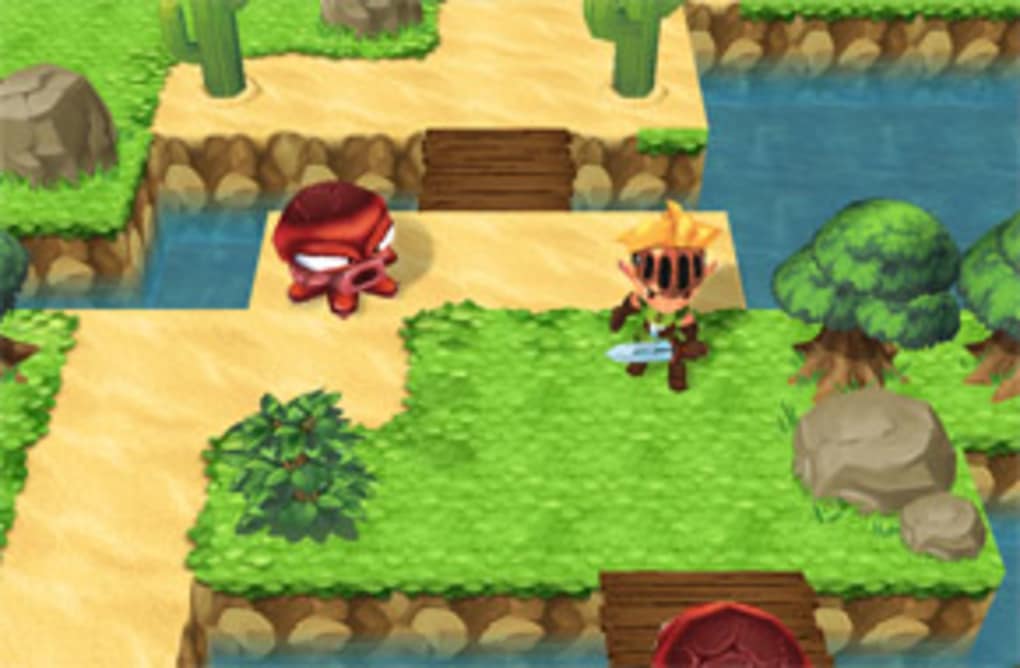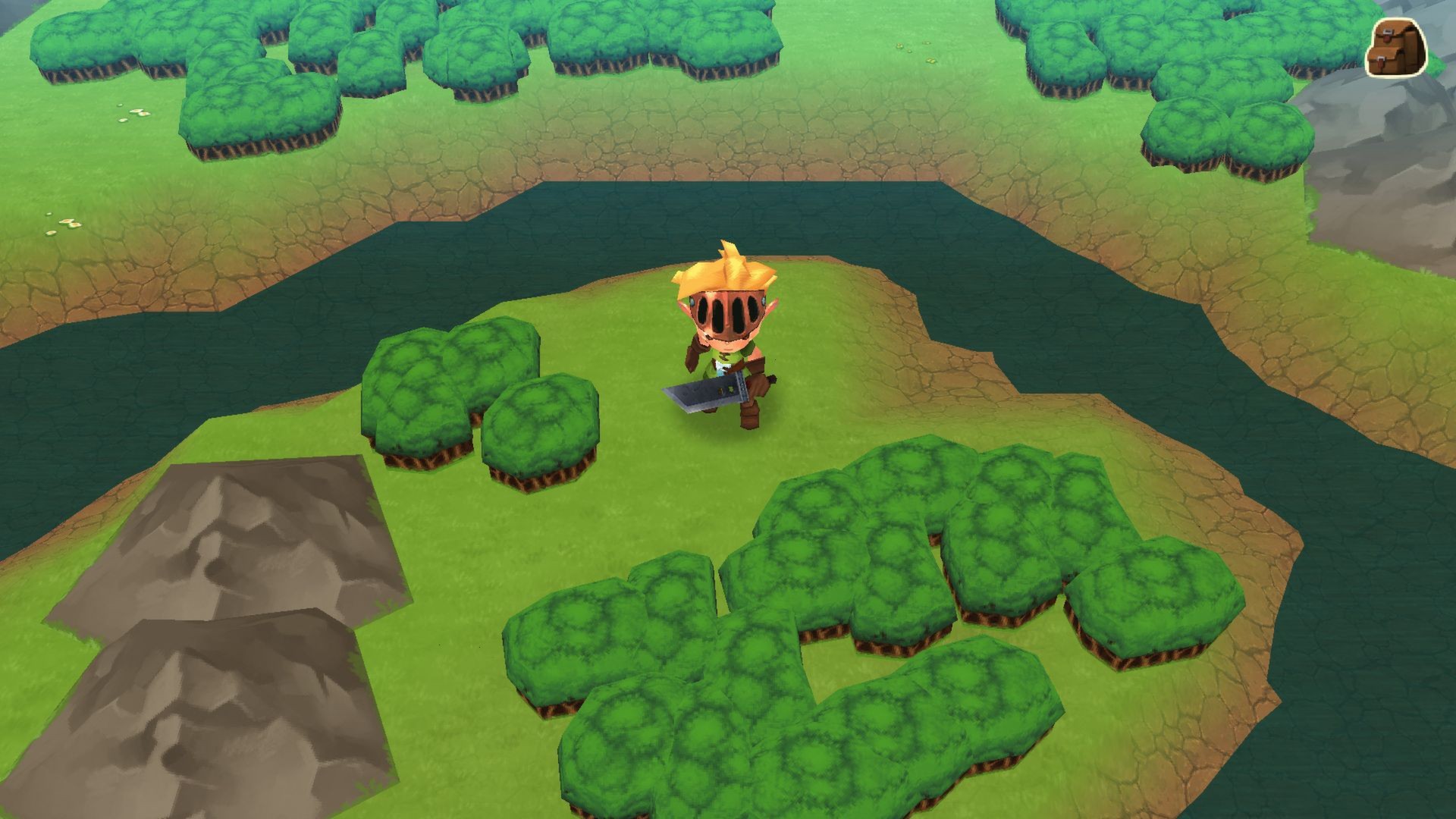
The third section is relevant in this discussion, as it states: “the Parliament shall, subject to this Constitution, have power to make laws with respect to matters relating to the Aboriginal and Torres Strait Islander Voice, including its composition, functions, powers and procedures.” Price claimed the government “don’t know” what the voice would do or how its membership would be constituted, and alleged that plans about gender and youth representation on the body were “not promises the Government can make.”īut while Price’s speech included reading part one and two verbatim, she only read part of section three. The proposed constitutional amendment includes three sub-sections. Senior government sources also strongly refuted Nampijinpa Price’s claim about the distinction between advice and representations. He wrote it would help in “overcoming barriers that have historically impeded effective participation by Aboriginal and Torres Strait Islander people”, and “rectify a distortion in the existing system”.

EVOLAND 2 5 KEYS FREE
Sign up for Guardian Australia’s free morning and afternoon email newsletters for your daily news roundupĭonaghue wrote the voice would “enhance” Australia’s system of government. “The influence of the Voice’s representations to the Parliament will be a matter to be determined by political considerations, rather than legal considerations,” he wrote. The advice said the voice would not impose any obligations upon the executive to follow the voice’s representations, or consult with the voice before making decisions, and that the voice would also have no power of veto over parliament decisions.ĭonaghue’s legal advice goes on to state the voice’s power to make representations to executive government “does not impose any reciprocal requirement upon the Executive Government to consider or otherwise address those representations” – and that the proposed constitutional amendment gives parliament the power to set the legal weight of the voice’s representations. However the legal advice of federal solicitor general Stephen Donaghue, released months ago in April, said the voice’s representations would have to be on matters with a “sufficient connection” to Indigenous people, and not an “insubstantial, tenuous or distant” connection.Ĭolonialism had 'positive impact' on Indigenous Australia, says Senator Price – video She claimed it meant the voice would “be more like a lobby group” that would act “only in the interests of its clients, not the interests of the government, the parliament or even the nation”. Price took issue with the fact that the proposed constitutional amendment says the voice “may make representations” to parliament and executive government about matters relating to Aboriginal and Torres Strait Islander peoples.

Here we look at five key claims made in Nampijinpa Price’s speech. The Indigenous Australians minister, Linda Burney, accused her counterpart of a “betrayal”, following the Nationals senator’s hotly contested claim that British colonisation had no ongoing impact on Indigenous Australians.


 0 kommentar(er)
0 kommentar(er)
